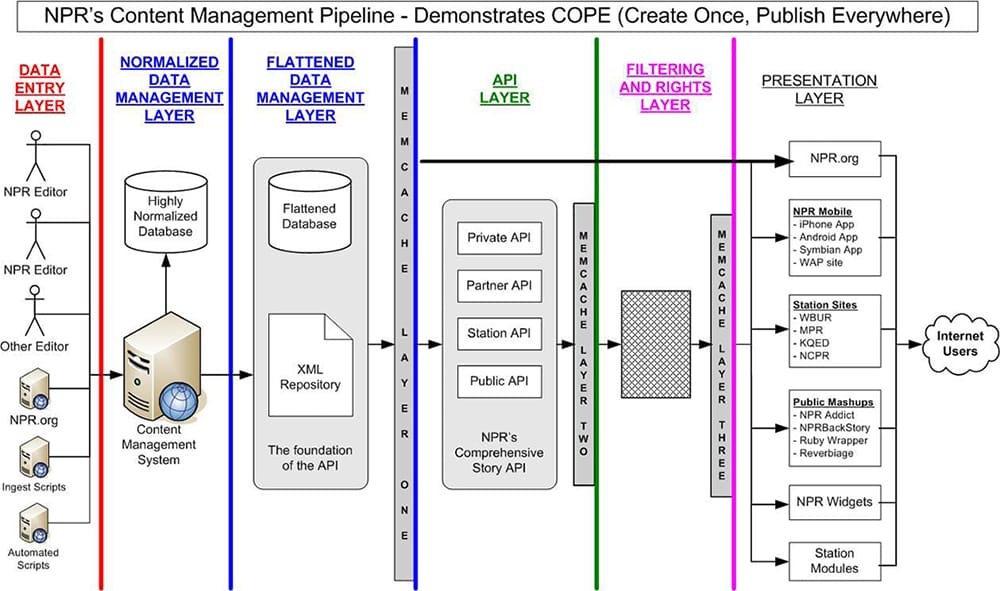The Great Decoupling: Economic Implications And Future Trends

Table of Contents
Causes of the Great Decoupling
Several key factors are driving the Great Decoupling phenomenon, fundamentally reshaping the global economic landscape. These include the rise of protectionism, escalating geopolitical tensions, the impact of the COVID-19 pandemic, and the accelerating shift towards reshoring and nearshoring.
The Rise of Protectionism and Trade Wars
Escalating trade disputes and the imposition of tariffs have significantly disrupted global trade flows and economic integration. The US-China trade war, for instance, exemplifies this trend, leading to increased costs for businesses and consumers, and a decline in global trade volumes. This protectionist stance, adopted by various nations, directly contributes to economic fragmentation and hinders the free flow of goods and services. The consequences are far-reaching, impacting global supply chains and hindering the overall efficiency of international commerce.
Geopolitical Tensions and Rivalries
Geopolitical instability and rising tensions between nations, notably the ongoing US-China rivalry and the conflict in Ukraine, significantly contribute to economic fragmentation. These tensions often translate into sanctions, trade restrictions, and disruptions to cross-border investments, hindering economic interconnectedness and promoting a more regionalized approach to economic activity. The uncertainty stemming from these geopolitical risks makes businesses hesitant to invest in globally integrated operations, pushing them towards more localized strategies.
The Pandemic's Impact on Global Supply Chains
The COVID-19 pandemic exposed the vulnerabilities inherent in globally integrated supply chains. The sudden disruptions in production, transportation, and logistics highlighted the risks associated with over-reliance on single sourcing countries and geographically concentrated manufacturing hubs. This crisis accelerated the push for diversification and regionalization, leading businesses to prioritize supply chain resilience and reduce their dependence on distant suppliers.
- Increased reliance on domestic production
- Diversification of sourcing countries to mitigate risk
- Rise of regional trade agreements to strengthen regional economic ties
Economic Implications of Decoupling
The Great Decoupling carries profound economic implications, impacting global supply chains, inflation, economic growth, and investment patterns.
Impact on Global Supply Chains
Fragmented supply chains lead to disruptions, increased costs, and reduced efficiency. Businesses face challenges in securing raw materials, manufacturing components, and delivering finished goods. These disruptions ripple through the economy, impacting businesses of all sizes and ultimately increasing prices for consumers. The increased complexity and cost of managing geographically dispersed supply chains necessitate significant adjustments and investments.
Inflationary Pressures
Decoupling contributes to higher inflation due to several factors. Increased production costs, resulting from reshoring and nearshoring initiatives, contribute to higher prices for goods and services. Supply chain bottlenecks, caused by disruptions and fragmentation, exacerbate this inflationary pressure. The resulting cost-push inflation can significantly impact economic stability and consumer purchasing power.
Impact on Economic Growth
A less integrated global economy could lead to slower economic growth. Reduced trade volumes and increased trade barriers limit market access for businesses and hinder the efficient allocation of resources. The potential for regional economic imbalances, as some regions benefit more from decoupling than others, further complicates the overall economic picture. This uneven distribution of economic gains could lead to social and political instability.
- Increased production costs leading to higher prices
- Reduced trade volumes hindering economic expansion
- Potential for regional economic imbalances
Future Trends and Predictions
The future trajectory of the Great Decoupling remains uncertain, but several key trends are emerging.
The Rise of Regional Economic Blocs
We can expect a further strengthening of regional economic alliances, such as the EU and ASEAN. These blocs will likely focus on deepening trade integration and reducing reliance on extra-regional partners. This regionalization will reshape global trade patterns and potentially create new centers of economic gravity.
Technological Advancements and Automation
Technological advancements, particularly in automation and artificial intelligence, will play a crucial role in reshaping global value chains. Automation may mitigate some of the cost increases associated with reshoring and nearshoring, allowing for a more efficient and resilient production model. This technological shift will also influence the location of manufacturing and the nature of global trade.
The Importance of Sustainable and Resilient Supply Chains
There's a growing focus on building more sustainable and resilient supply chains that are less vulnerable to disruptions. Businesses are increasingly prioritizing transparency, ethical sourcing, and environmental sustainability in their supply chain management strategies. This focus on resilience will drive innovation and investment in new technologies and approaches to supply chain management.
- Increased investment in automation and technology to enhance efficiency and resilience
- Focus on supply chain diversification and resilience to mitigate risks
- Growing importance of regional trade agreements and partnerships
Conclusion
The Great Decoupling represents a profound shift in the global economic landscape, driven by a complex interplay of geopolitical factors, technological advancements, and pandemic-related disruptions. Understanding its causes and implications is crucial for navigating the changing economic order. The consequences are far-reaching, impacting everything from global trade and inflation to economic growth and geopolitical stability.
To stay informed about the evolving dynamics of the Great Decoupling and its impact on your business or investments, continue researching the latest developments in global economics and geopolitical trends. Stay ahead of the curve by understanding the implications of the Great Decoupling for your future strategies and adapting your plans accordingly. Understanding the nuances of economic decoupling and its impact on global supply chains is essential for navigating this new era of economic uncertainty.

Featured Posts
-
 Saturday Night Live And Counting Crows A Defining Moment In Music History
May 08, 2025
Saturday Night Live And Counting Crows A Defining Moment In Music History
May 08, 2025 -
 Strengthening Crime Control Urgent Directives And Effective Strategies
May 08, 2025
Strengthening Crime Control Urgent Directives And Effective Strategies
May 08, 2025 -
 Psgs Doha Labs Expanding Global Innovation
May 08, 2025
Psgs Doha Labs Expanding Global Innovation
May 08, 2025 -
 The Nba Playoffs Triple Doubles Quiz Are You A True Fan
May 08, 2025
The Nba Playoffs Triple Doubles Quiz Are You A True Fan
May 08, 2025 -
 5 0 355 3
May 08, 2025
5 0 355 3
May 08, 2025
